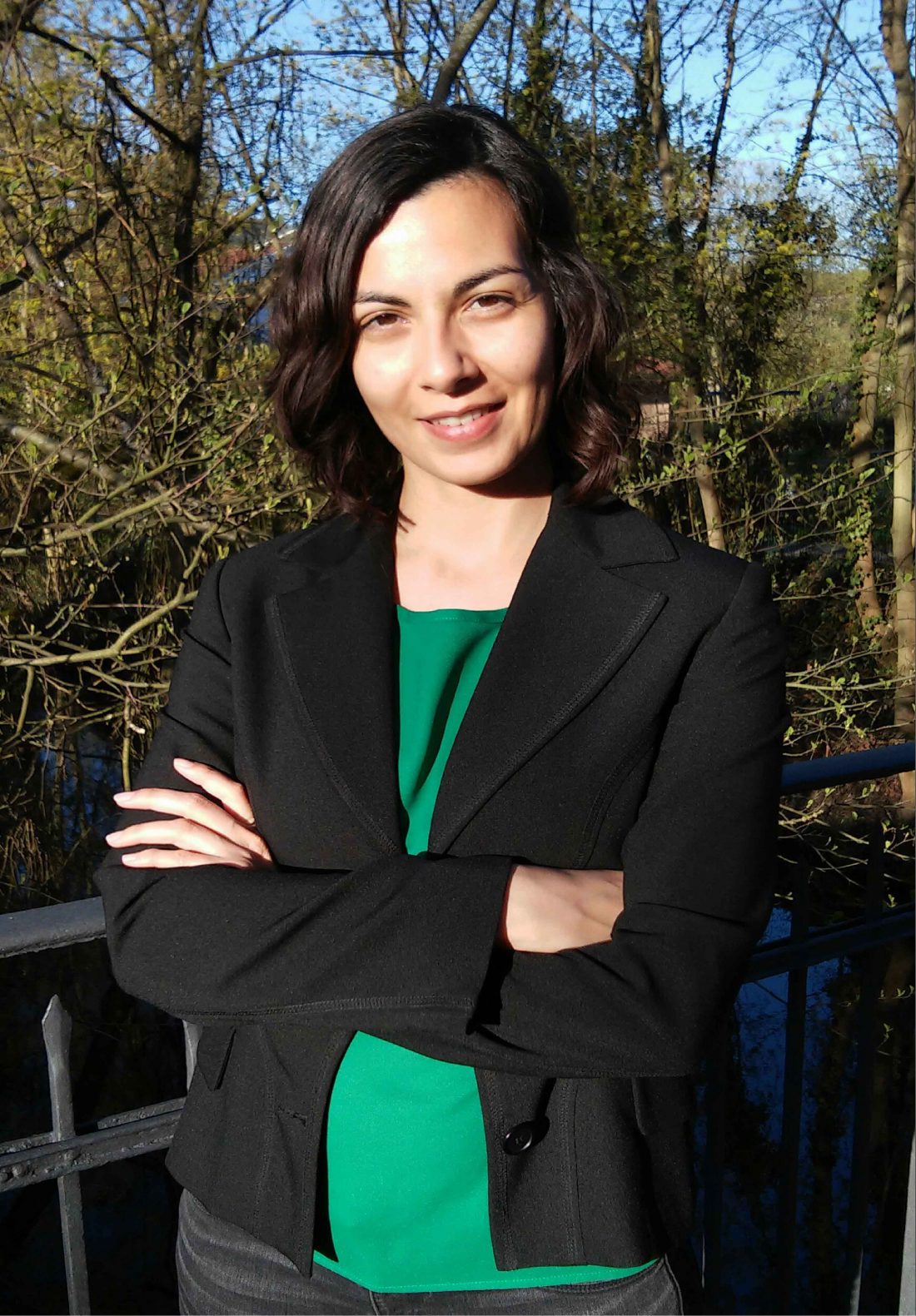
Research Stay at the CAPAZ Institute
Dr. Joana Amaral
Postdoctoral Research Fellow, Center for Conflict Studies, University of Marburg – Zentrum für Konfliktforschung, Philipps-Universität Marburg
E-mail: amaral@staff.uni-marburg.de
My research stay at the Colombian-German Peace Institute CAPAZ took place from the 16th of June to the 2nd of August 2019. During my stay at the CAPAZ Institute, I conducted a part of the fieldwork for my postdoctoral research project entitled ‘A Public Peace Process? Cooperation Disclosure in Peace Negotiations in Colombia and Northern Ireland’. The research project and the stay at CAPAZ are funded by the German Foundation for Peace Research (Deutsche Stiftung Friedensforschung).
The aim of the research project is to uncover why cooperation and progress in peace negotiations is commonly concealed from the public while peace negotiations are ongoing. Existing research and literature has shown the negative impact of secrecy and explored what motivates political elites to retain adversarial public discourses during peace negotiations, but not their opposites.
To fill this gap, the research project aims to uncover why, or not, is cooperation and progress between parties in peace negotiations disclosed to the public by exploring and comparing the peace negotiations in Colombia between the Juan Manuel Santos government and the Revolutionary Armed Forces of Colombia (FARC-EP) (2012-2016) and the multi-party Good Friday Agreement negotiations in Northern Ireland (1996-1998).
During the time at CAPAZ I have conducted the most important part of the research on the Colombian case study. I have conducted interviews with several key members of the government and FARC-EP delegations at the Havana negotiations. The interviews with key delegates aimed to gather detailed information and uncover the political decision-making behind why, when, and how information about progress and cooperation in the negotiations was, or not revealed to the public.
I have also conducted interviews with journalists who reported on the negotiations for the most important news outlets, and representatives of civil society groups who pushed for greater transparency and public information during the negotiations. Interviews with journalists and civil society representatives aimed to ascertain whether the media and pressure from other quadrants of society had an influence on the disclosure.
The findings of the project will contribute to existing academic debates on the need for secret versus more open and inclusive peace negotiations and inform practitioners on how to devise peacemaking practices that promote the transformation of conflict at the local level. Its findings will allow for policy recommendations on whether more closed or more open negotiation processes are conducive, or harmful, to the success of the negotiations, and how the political peace processes can better work to serve reconciliation on the ground.
(Text by: Joana Amaral. Spanish version: Claudia Maya).




